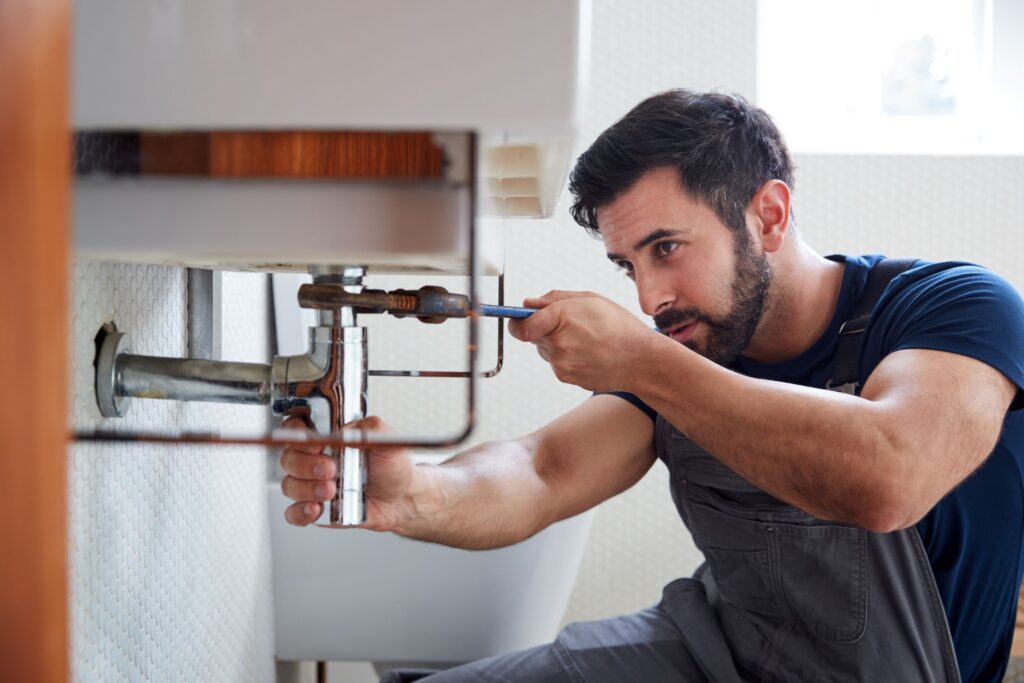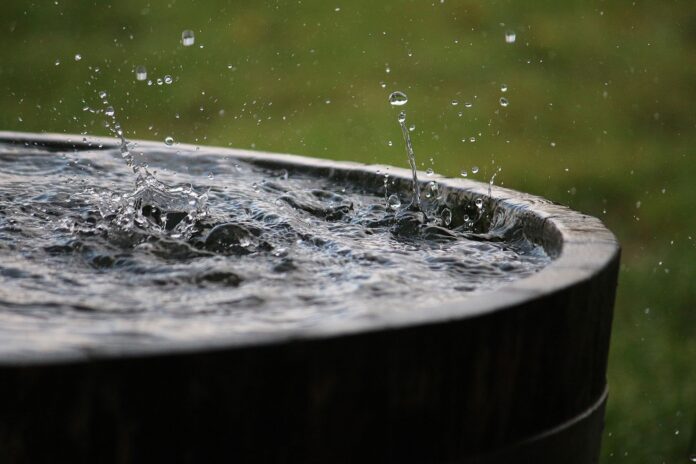Water conservation has never been more essential than today. While water may seem abundant, it’s a finite source that’s getting scarcer every year, owing to the effects of global warming and increasingly polluted water bodies.
As such, you should start taking water conservation more seriously. To help you get started, this article shares five ways to save water for the long term.
- Get A Rainwater Tank
One of the best ways to conserve water is to install a rainwater tank. This is particularly suitable for those living in wetter regions. In general, rain falling from the sky is clean and free.
With the collected rainwater, you can minimize water usage from your local municipality and use it for watering your garden, flushing the toilet, or cleaning the house.
It doesn’t have to be expensive, either. You can buy a few rain barrels to collect rainwater from your roof, which can be suitable for outdoor use. With enough budget, you can install a specialized water tank to use collected water indoors. You can check the numerous tank options the water tank factory in your area may offer. There are tanks that can store up to thousands of gallons.
You can even go all out and install a water tank with a comprehensive filtration system to use the collected water for drinking and cooking. Although it can be quite expensive upfront, a complete water tank system provides you with a reliable, uninterrupted water supply.

- Consider A Greywater System
In addition to water tank installation, a greywater system can help your property become more water-efficient in the long run.
Greywater refers to wastewater that doesn’t contain any serious contaminants. A greywater system allows you to collect and store wastewater from sinks, shower tubs, washing machines, and other kitchen appliances that would otherwise be drained. This water is then treated and recycled to be used for other purposes, such as landscape irrigation or flushing the toilet.
However, greywater systems can be expensive and complex to install. It’s generally recommended for those in the planning stages of building their home. Nevertheless, with the right contractors, you can install a greywater system to boost your home’s water efficiency for years.
- Upgrade Your Appliances And Fixtures
If you have old fixtures and appliances, replacing them can help your household save water in the long run. Modern fixtures and appliances are designed to be more efficient, so they cut operating and lifetime costs.
For starters, you can look for low-flow shower heads and faucets to curtail water consumption in high-waste areas of your home. You can also replace your old toilet with a dual-flush and low-flow model, which can greatly reduce flushed water.
Aside from water fixtures, modern appliances such as washing machines and dishwashers come with water-saving features to conserve water while maximizing convenience.
- Re-Design Your Landscape
Did you know that landscaping is one of the biggest water wasters? You may be too focused on conserving water inside your home that you forget to re-think your landscape.
Consider adding drought-tolerant plants to limit water use. While no one’s stopping you from growing exotic plants, think how much water and care it needs to grow. Instead, you can try growing native plants that thrive in your area’s specific climate. Local species can get most of the irrigation from your region’s average rainfall, so you don’t have to irrigate and water them as often as needed to flourish.
You can also use technology to streamline water usage in your landscaping. For instance, smart landscape irrigation uses local weather data and collects soil moisture level and other essential data to decide when to water and irrigate your garden.
- Establish Good Habits
Other than systems and fixtures you can install to ensure a water-efficient home, conserving water starts with you and your family. Even if you incorporate all of the above strategies, you’ll still be wasting precious water if you don’t know how to control water usage in your home.
As such, you must practice good habits that can help you save water in the long term. Here are some water-efficient habits:
- Turn off the faucet when brushing your teeth.
- Minimize shower times.
- Stop washing dishes with running water.
- Run appliances like washing machines and dishwashers only with a full load.
- Wash your car using sponges and buckets.
- Water plants in the morning or evening.
- Don’t wait for the shower to get hot.
- Fix leaks immediately.
Takeaway
You may be on the fence when it comes to implementing water-smart designs. Although some of the suggestions above are quite expensive upfront, these water-saving additions can help you save thousands of gallons of water in the long run. At the very least, you and your family can practice water-saving habits. Water conservation is something that should be done sooner than later, given that water is in short supply.































